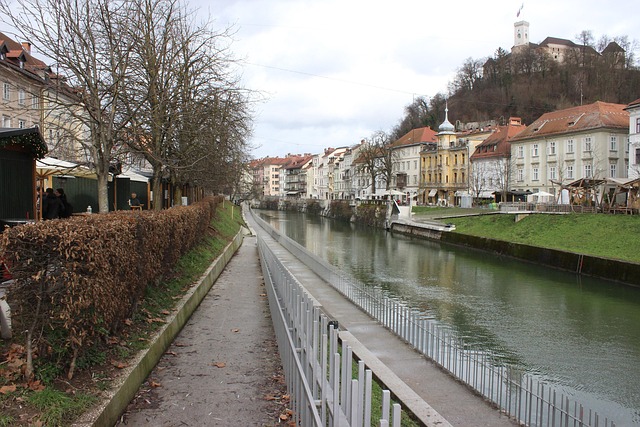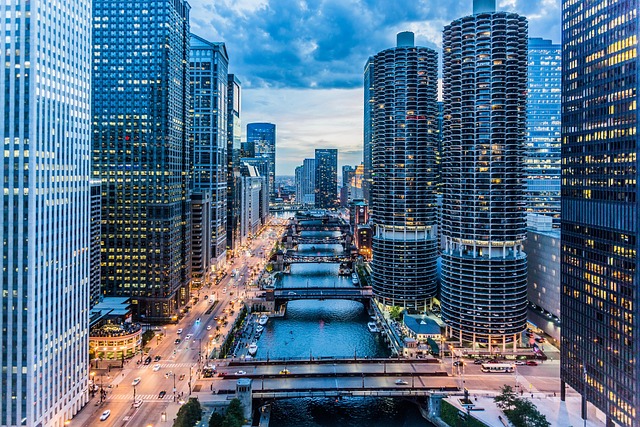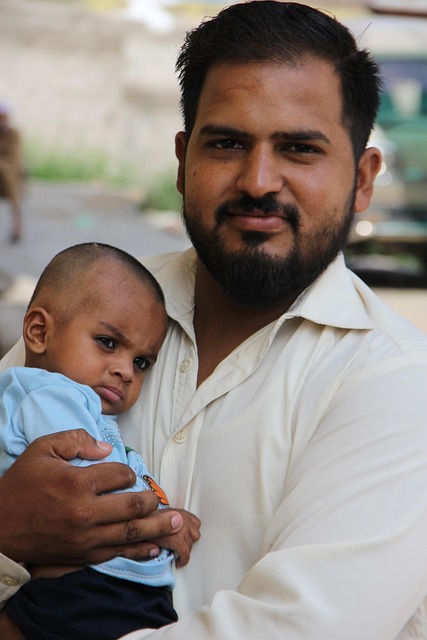
In Karachi, property tax (Callachi CHS tax) is a critical revenue source for local government, funding essential services like education and infrastructure development. Calculated based on property value, including location, size, and type, efficient taxation is vital for the city's economic growth and sustainability. Owners must stay informed about their rights, responsibilities, and regular inspections to ensure fairness. Timely payments, usually annual or semi-annual, can be facilitated online through the Karachi Metropolitan Corporation (KMC) website or apps. Accurate record-keeping and communication with KMC are crucial to overcome challenges and participate in payment plans and discounts.
In the bustling metropolis of Karachi, understanding property tax is crucial for every homeowner. This comprehensive guide aims to demystify the complex landscape of property taxation in the city. We’ll delve into who’s liable for property tax in Callachi CHS, how to calculate and pay these taxes efficiently, and explore common challenges faced by property owners, offering practical solutions tailored to Karachi’s unique context.
- Understanding Property Tax in Karachi: A Comprehensive Guide
- Who is Liable for Property Tax in Callachi CHS?
- Calculating and Paying Property Tax in Karachi
- Common Challenges and Solutions for Property Owners in Callachi CHS
Understanding Property Tax in Karachi: A Comprehensive Guide

In the vibrant and bustling metropolis of Karachi, understanding property tax is essential for every resident and property owner. Property tax in Karachi, often referred to as the Callachi CHS tax, is a significant source of revenue for the local government. It plays a crucial role in funding public services like education, healthcare, and infrastructure development across the city. This tax is calculated based on the value of the property, taking into account factors such as location, size, and type of property. Karachi, being the economic hub of Pakistan, has seen rapid urbanization and real estate development, making efficient property taxation vital for its growth and sustainability.
The process involves assessing the market value of properties and then determining the tax rate applicable to each category. The local government authorities, in this case, the Callachi CHS (Community Housing Society), are responsible for collecting these taxes. They conduct regular inspections and appraisals to ensure accuracy in valuation. Property owners in Karachi must stay informed about their obligations, including timely payments and appeals processes, to avoid penalties. Understanding one’s rights and responsibilities is key to ensuring a fair and transparent tax system within the city known for its vibrant landscape and diverse tapestry.
Who is Liable for Property Tax in Callachi CHS?

In the vibrant city of Karachi, understanding property tax liability is crucial for residents and property owners alike. In Callachi CHS (Community Housing Society), the responsibility for paying property taxes rests primarily with the individual or entity that owns or occupies the property. This includes homeowners, renters, and even businesses operating within the society.
The tax regulations in Karachi, and by extension Callachi CHS, are designed to ensure equitable distribution of financial burdens. As such, it’s important to remember that not only the land but also any improvements or structures on it are subject to taxation. Property owners are liable for filing tax returns accurately and timely to avoid penalties. In cases where properties are rented out, landlords generally pass on these costs to tenants through rent adjustments.
Calculating and Paying Property Tax in Karachi

In Karachi, property tax is a significant aspect of home ownership and real estate investments. Calculating this tax involves several factors, including the property’s location, size, type, and current market value. The Karachi Metropolitan Corporation (KMC) is responsible for assessing and collecting property taxes in the city. They use detailed surveys and valuation methods to determine the tax amount due from each property owner.
Paying property tax in Karachi is typically done annually or semi-annually, depending on the KMC’s schedule. Owners can usually access their tax information and make payments online through the KMC’s official website or mobile apps, making the process convenient for residents. Timely payment is essential to avoid penalties and ensure that public services and infrastructure in Karachi remain well-maintained.
Common Challenges and Solutions for Property Owners in Callachi CHS

In Karachi, property owners often face several challenges related to property tax, which can be a complex and cumbersome process. One common issue is the lack of accurate record-keeping regarding property details, leading to disputes over assessed values. To overcome this, owners should maintain detailed records of purchases, renovations, and sales, ensuring transparency with local authorities. Regular communication with the Karachi Municipal Corporation (KMC) can help clarify any doubts and ensure compliance.
Another challenge is the perception that property tax is a burden. However, solutions exist to make it more manageable. Property owners in Karachi can benefit from understanding their rights and responsibilities. KMC offers various payment plans and discounts for early payment, encouraging timely tax contributions. Additionally, staying informed about local regulations and keeping an eye on upcoming changes can empower property owners to navigate these challenges effectively.
In conclusion, understanding property tax in Karachi, including areas like Callachi CHS, is essential for all property owners. By knowing who is liable, how to calculate and pay taxes, and being aware of common challenges, residents can navigate this process with ease. Karachi’s property tax landscape may seem complex, but with the right guidance, it becomes a manageable aspect of homeownership, contributing to the city’s overall development.






